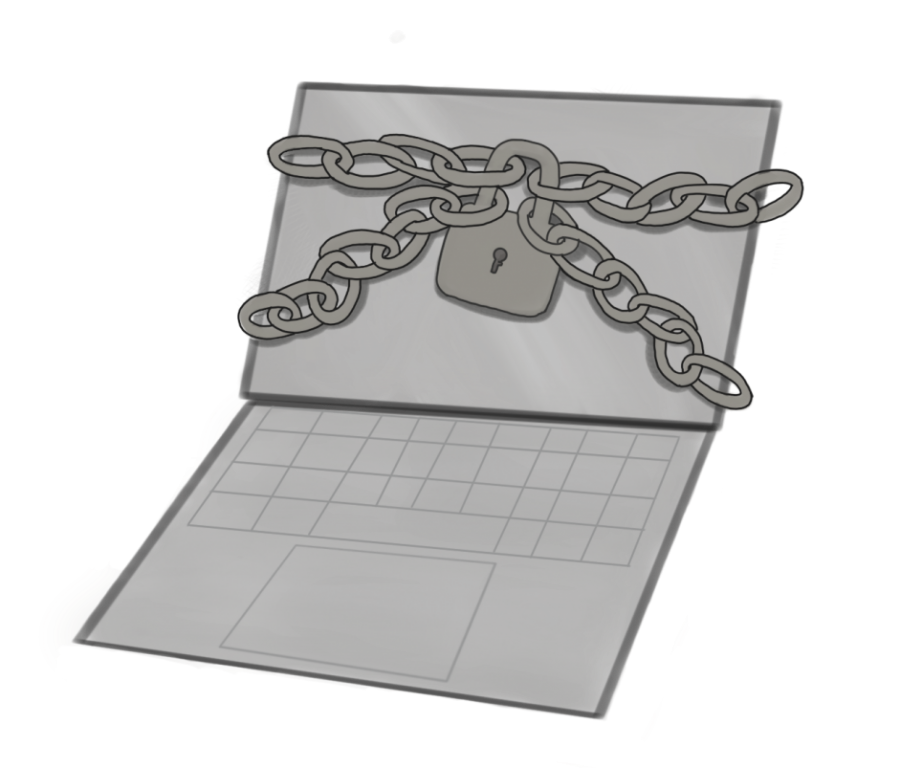OPINION: The digital age brings online privacy concerns
Online privacy has been a widespread concern for decades, but with distance learning, the realities of the internet’s ability to store data are more prevalent than ever.
All SCHS students are able to access the internet, either via their school-issued Chromebooks or their own personal devices. For some, this results in vulnerability to data-mining, whether they know it or not.
Younger children, such as those in elementary school, have access to the internet at an earlier age than ever before due to distance learning. This leaves plenty of room for error, as they are more susceptible to accessing risky websites.
Having internet access also means they can sign up for websites without a complete understanding of what they are. Publicly displaying identifying information is dangerous, especially for minors. People could use their information to sign up for websites they have never heard of before. Someone might use their information to blackmail them for something they did not do.
Many companies like aternos.org or nookazon.com run ads to earn money for their websites. But they also sell data to unknown third parties for money. According to Chris Hoffman, the Editor-in-Chief of How-To Geek, if someone is looking at a company’s website and then switches sites but sees an advertisement for the previous site’s products, they are likely a victim of data-mining. With distance learning, privacy at home has also been compromised.
The camera on requirement is enforced in many classrooms. Leaving video exposed, however, can be invasive to one’s privacy. Home is often a safe space, and having one’s camera on for multiple hours with many people watching can make students feel uneasy or embarrassed.
Some people believe that their data online is secure and that they have taken all the precautions they need to be safe online, or that because they only use their Chromebooks for school that their data is not at risk. However, all data is at risk of being compromised regardless of the number of precautions taken. In a survey from pewresearch.org, seven in ten Americans say they feel that their data is less secure now compared to five years ago.
Regardless of whether or not their personal data is secure, large amounts of SCHS students have probably had an experience with losing data, or maybe encountered a virus with all their data at risk of being lost. With distance learning, data is important to students at SCHS and protecting one’s data is important now more than ever.


